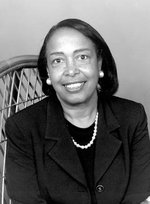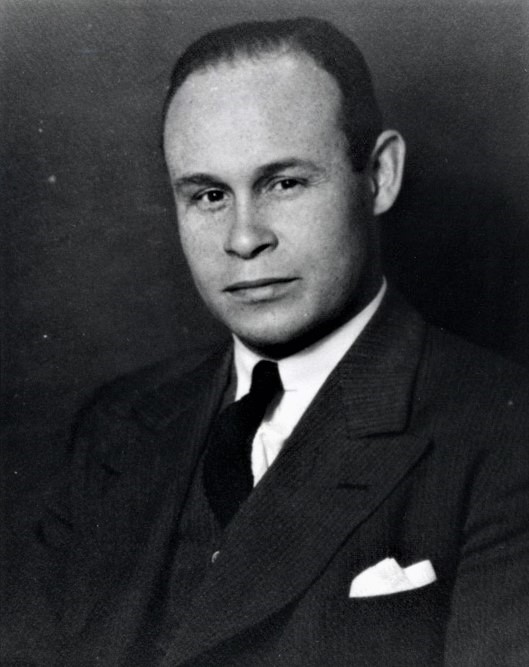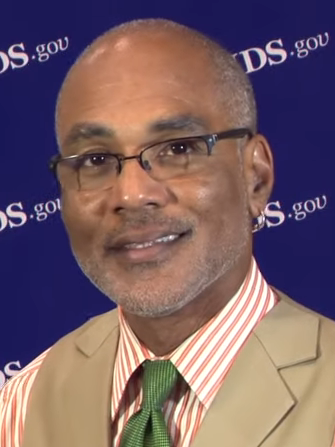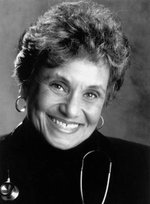February is a special time to recognize the achievements and contributions of black Americans from professional fields and creative outlets. We’d like to highlight a few of the many black healthcare innovators who’ve made care more accessible and equitable.
Here are five healthcare innovators we’d like to honor for their exceptional contributions to the industry this Black History Month.
Follow us on LinkedIn for the latest healthcare news and company updates.
A True Visionary in Eyecare – Patricia Era Bath, MD

Patricia Era Bath became the first black woman in the United States to complete an ophthalmology residency during her internship in New York City (c. 1960s). This achievement enabled her to study blindness affecting patients of different backgrounds and ethnicities. While examining the medical record, she observed higher rates of blindness in African-Americans compared to white patients.
The result of this study encouraged the healthcare industry to reform equity and treatment protocols in vision care, prioritizing higher-risk individuals and creating new approaches to vision care. Improving the vision care industry assisted in establishing community medicine and public health standards.
In the 1970s, Dr. Bath co-founded the American Institute for the Prevention of Blindness. This organization aimed to protect programs that support patients and restore eyesight.
“Father of the Blood Bank” – Dr. Charles Richard Drew

Charles R. Drew was a medical researcher and surgeon whose contributions to blood transfusions surpassed borders. During the Second World War, his research helped establish some of the first blood banks — saving the lives of countless veterans in the European and Pacific Theaters.
Many Americans worried that blood transfusions between black and white patients would not be compatible. However, Drew challenged these assumptions as unscientific and resigned from the American Red Cross in protest. Eventually, the Red Cross adopted the practice of cross-racial blood transfusions with data supported by Drew’s research.
The NAACP awarded him the Spingarn Medal for his dedication to British and American health projects during the war.
Making Care Accessible – Dr. Francine Baker-Witt

Rural Americans often struggle to find fast and accessible healthcare due to geographic limitations and a lack of nearby clinical resources. Dr. Francine Baker-Witt spearheads rural healthcare advocacy as the President and CEO of Effingham Health System. Her exceptional recruiting and organization skills provided the hospital — including nursing homes and other health facilities — with the staffing they needed to increase patient visits by nearly 425%.
Dr. Fran Witt’s accomplishments earned her numerous awards and spotlights, including:
- Becker’s 2023 List of 80 Rural Hospital CEOs to Know
- Modern Healthcare’s 2021 list of 50 Most Influential Clinical Executives
- Becker’s 2022 List of 75 Black Healthcare Leaders to Know
Her leadership continues to inspire physicians around the country.
Battling Stigma With Education – Phil Wilson

The 1980s AIDS epidemic caused significant tragedy and concern among the healthcare ecosystem due to a lack of effective treatment. Phil Wilson was a leading healthcare activist who founded the Black AIDS Institute to combat HIV and false narratives surrounding the transmission of AIDs.
His efforts allowed black communities access to CDC funding and other resources to help prevent the spread of the disease in high-risk areas.
The New York Times, LA Weekly, and Ebony featured him throughout his career. As a leader in public health activism, he continues to mobilize individuals against infectious diseases and educate the community about health and safety.
Innovative Research for Care Equity – Marilyn Hughes Gaston

As one of only six women in her graduating class at the University of Cincinnati, Marilyn Hughes Gaston understood the struggles of many underserved communities. She dedicated her career to caring for minority families and promoting equitable health.
In the 1980s, Gaston published an innovative study that enabled the healthcare industry to create and develop sickle cell disease screenings across the U.S. The research contributed to effective penicillin treatments that prevented sepsis in infants.
Gaston’s accomplishments resulted in her status as the first black female physician to become the Bureau of Primary Care director. She also became the second black woman to achieve rear admiralship in the United States Public Health Service.


